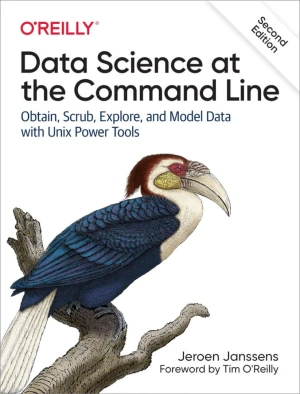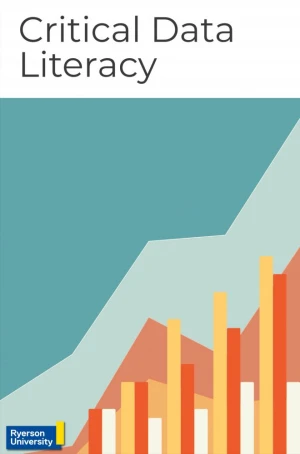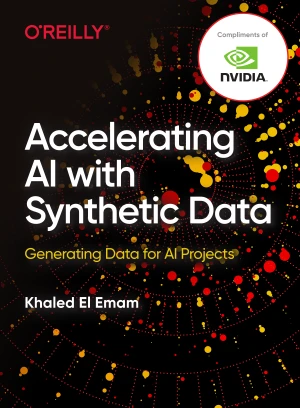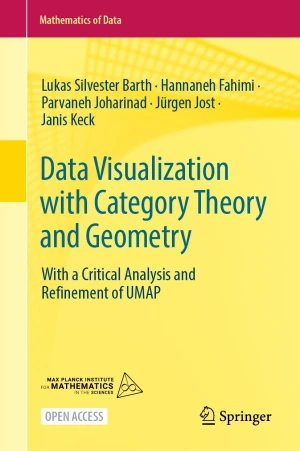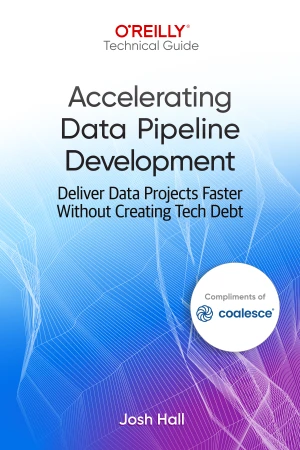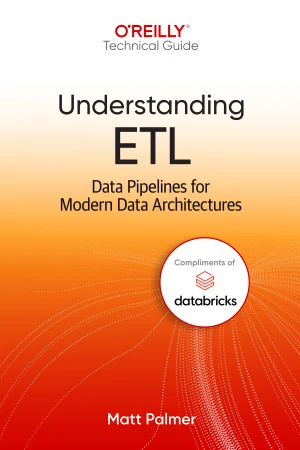Unlock Data Agility with Composable Data Architecture
Seamless Interoperability, Efficiency & Adaptability at Scale
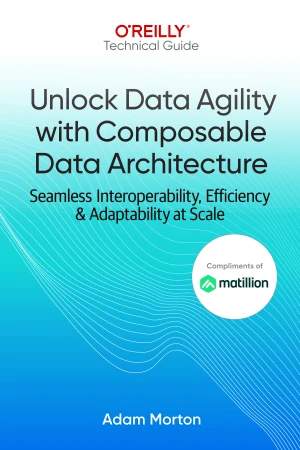
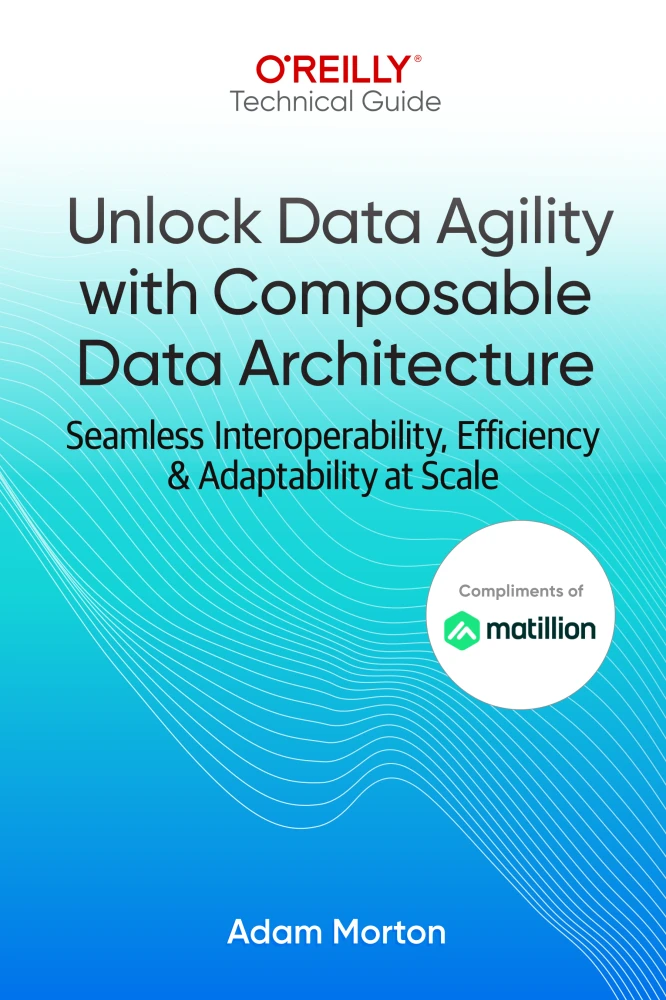
Book Details
| Author | Adam Morton |
| Publisher | O'Reilly Media |
| Published | 2025 |
| Edition | 1st |
| Paperback | 146 pages |
| Language | English |
| ISBN-13 | 9781098178956, 9781098178949 |
| ISBN-10 | 1098178955, 1098178947 |
| License | Compliments of Matillion |
Book Description
Are your data systems slowing down your AI initiatives? The potential of AI to revolutionize business is undeniable, but many organizations struggle to bridge the gap between ambitious ideas and real-world results. The cause? Traditional data architectures remain too rigid and siloed to support today's dynamic, data-intensive demands.
If you're a data leader searching for a solution, composable data architecture is the answer. This essential guide provides a clear, actionable framework for you to discover how this modular, adaptable approach empowers data teams, streamlines pipelines, and fuels continuous innovation. So, you'll not only keep pace with your most agile competitors - you'll surpass them.
- Understand the fundamental concepts that make composable architecture a game-changer
- Design pipelines that optimize performance and adapt to your organization's unique data needs
- See how composable architecture breaks down silos, enabling faster, more collaborative data processes
- Discover tools to streamline data management of high-volume streams or multicloud environments
- Leverage flexible architecture that simplifies data sharing, enabling easier access to insights
This book is published as open-access, which means it is freely available to read, download, and share without restrictions.
If you enjoyed the book and would like to support the author, you can purchase a printed copy (hardcover or paperback) from official retailers.
Download and Read Links
Share this Book
[localhost]# find . -name "*Similar_Books*"
Data Science at the Command Line, 2nd Edition
This thoroughly revised guide demonstrates how the flexibility of the command line can help you become a more efficient and productive data scientist. You'll learn how to combine small yet powerful command-line tools to quickly obtain, scrub, explore, and model your data. To get you started, author Jeroen Janssens provides a Docker image packed wit
Critical Data Literacy
A short course for students to increase their proficiency in analyzing and interpreting data visualizations. By completing this short course students will be able to explain the importance of data literacy, identify data visualization issues in order to improve their own skills in data story-telling. The intended outcome of this course is to help s
Accelerating AI with Synthetic Data
Recently, data scientists have found effective methods to generate high-quality synthetic data. That's good news for companies seeking large amounts of data to train and build artificial intelligence and machine learning models. This report provides an overview of synthetic data generation that not only focuses on business value and use cases but a
Data Visualization with Category Theory and Geometry
This open access book provides a robust exposition of the mathematical foundations of data representation, focusing on two essential pillars of dimensionality reduction methods, namely geometry in general and Riemannian geometry in particular, and category theory. Presenting a list of examples consisting of both geometric objects and empirical data
Accelerating Data Pipeline Development
Today's data engineering teams are overwhelmed - juggling fire drills and endless requests while relying on manual, repetitive processes for building data pipelines. This much-needed tech guide from author Josh Hall introduces a practical approach to streamlining pipeline development, empowering teams to work smarter, not harder. Using Coalesce, a
Understanding ETL
Extract, transform, load (ETL) is at the center of every application of data, from business intelligence to AI. Constant shifts in the data landscape - including the implementations of lakehouse architectures and the importance of high-scale real-time data - mean that today's data practitioners must approach ETL a bit differently. This updated tech

